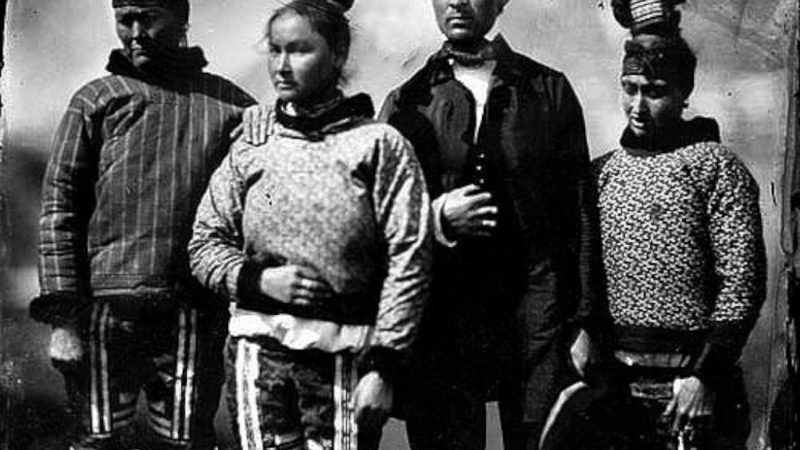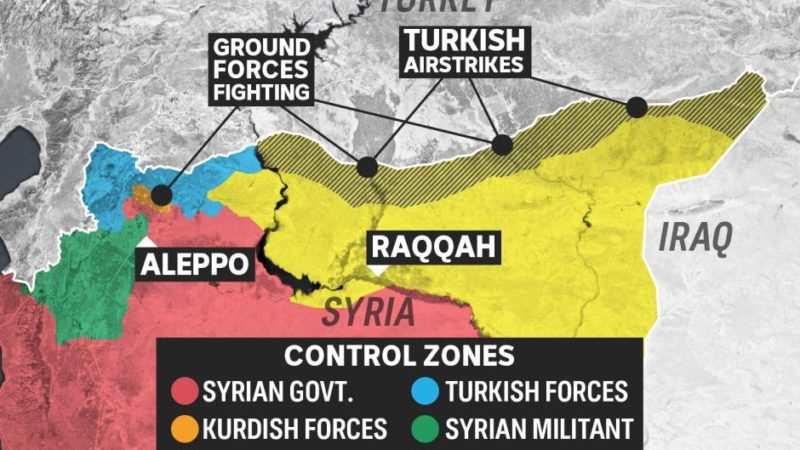Trump Primary 2020: Can He Be Challenged?

The 2016 election cycle upended a lot of assumptions. Donald Trump came out of nowhere and challenged a Republican establishment that did everything to defeat him. When he won the primary everyone thought he was gifting the election to Hilary. Instead, he confounded expectations again to become President. So, how likely is a Trump primary challenge in 2020?
While the Republican base seems to have accepted the Donald as their president, many established party leaders have not. Several prominent Republican politicians have resigned, and Mitt Romney, the presidential nominee from 2012, is an outspoken critic of Trump. As in 2016, it seems like an ideal situation for 3rd parties to make gains. Granted, some people have already questioned whether the Libertarian Party can survive.
Reasons for a Trump Primary in 2020
The Republican Party is uniquely situated for a Trump primary challenge in 2020. Trump flouts decorum and established protocols to do things his own way. He is bellicose and disrespects anyone who challenges his plans. His actions create turmoil and bad behavior on all sides, and as a result both parties shed members. If the Republican leadership is upset enough they may back his opposition. Primary challengers could unseat the unconventional president, but this path brings with it significant challenges.
No sitting president has ever lost a primary struggle, but George H.W. Bush, Carter, and Ford all lost their subsequent general elections. Ford was primaried by Reagan and lost to Carter. Carter was primaried by Kennedy and lost to Reagan. Bush was primaried by Buchanan and faced more dissent in the 3rd party bid of Ross Perot. Consequently, Perot split the Republican ticket and sent Clinton to the Oval Office. This was in an election cycle where Republicans were otherwise overwhelmingly popular.
Never-Trumpers
Donald Trump faces significant opposition from legacy Republicans, many of whom are upset with his policies and his lack of decorum. Even if Republicans were very popular (like they were under H.W. Bush), a strong primary challenge could damage his chances of reelection. But Republicans and Democrats have about equal support in today’s environment. Therefore, it is possible a primary challenge could weaken Trump enough to hand victory to Democrats.
Potential Trump Primary Challenges in 2020
Newsweek has compiled a list of 10 republicans who could represent powerful challenges to President Trump. Mike Pence and Mitt Romney lead the list. While it would be bizarre for the Vice President to challenge his President in the primaries, nobody would call the current political climate conventional. The Trump-Pence ticket is the epitome of convenience. Mitt Romney and the other 9 on the list also have impressive networks to draw upon. With enough support from the established leaders in the party, any of them could mount a formidable challenge to Trump.
Trump Has Delivered on Many Campaign Promises
The only problem with the idea of a primary challenger is this: Trump has consistently made serious efforts to deliver on his campaign promises. The result led to a 90% approval rating among Republicans. As long as these numbers stay the same nobody is going to get so much as a toe-hold against the president, not even if they could dig up Reagan. Unless Trump somehow alienates the voting members of the Republican party, no challenges against his leadership will be taken seriously. The Republican party is experiencing churn. The deck has been reshuffled, and the number of rank and file who leave the party is as a consequent, quite low.
This highlights the main difference between Donald Trump and incumbent presidents who have faced strong primaries: Trump is strong with his base, and they were not.
Weaker Adminstrations That Were Primaried
Gerald Ford
Ford was weak. He never won the presidency on his own, and Reagan was popular, successful, and bipartisan; a formidable challenger who spoke to the base. The economy was weak, the Russians were strong, the country was afraid and wanted change. Under Trump, the economy is booming and he’s confronting our greatest economic adversaries head-on, with the enthusiastic support of the Republican base.
Jimmy Carter
Jimmy Carter represented that change and he beat Ford. He delivered change, but the change he brought was not an improvement. He beat a weak president but did not present a strong face to the people, nor did the economy change for the better. Kennedy weakened Carter in the primaries, but Reagan still might have unhorsed Jimmy with one commercial “Are you better off than you were four years ago?”
Unrest in the Islamic world, the ever-present Soviet threat, uncertainty in global markets, and stagflation were all major problems, weighing him down to the point where his campaign sank.
Facing a strong challenge in the primaries is certainly not good news for a sitting president, but how many points will that cost a president in the polls on election day?
George H.W. Bush
George H.W. Bush was extremely popular throughout his presidency. He used that popularity to enact legislation unpopular inside his own party. He campaigned on “Read my lips! No new taxes.” He raised taxes. He created NAFTA and allowed Ross Perot to warn against “that giant sucking sound” of jobs going south of the border.
Bush was popular overall, but he scared Republicans. Buchanan may have challenged him in the primaries, but it could be argued that the bigger threat came from Ross Perot and his 3rd party challenge. While NAFTA has generally been seen as a success, at the time it was a cause of real fear, and many working-class Republicans still feel like NAFTA was a disaster for them personally. In the end, Perot took 19% of the vote away from Bush and is largely seen to have given the election to Bill Clinton, a consequence still reverberating today.
If you alienate your own party you open yourself up to attack. Bush was quite popular overall, but he alienated the base. Trump is extremely popular with his base and has left no cracks for challengers to exploit. The 10 politicians best positioned to go on the attack have not as yet been able to get any attention from anyone other than the constituents they currently represent.
Trump’s High Approval Ratings Among Republicans
Donald Trump enjoyed a consistently high approval rating among his base. On inauguration day he held an 88% approval rating among Republicans. This rating dropped to a low of 77% in December of 2017 and then climbed to an all-time high of 91% in April of 2019. He may have very low ratings among Democrats, but since they won’t be voting in the Republican primaries they won’t matter until the general election.
Anyone who wants to challenge Trump needs to declare soon. With the first primary fast approaching, potential challengers have to get traction against Trump’s high approval rating among Republicans, and even if they do it is unlikely for there to be a serious primary battle. One could say that there are many good reasons to challenge Trump in the primaries, but right now it just doesn’t look like there is any gas in the tank to get started.
“Donald Trump Laconia Rally, Laconia, NH by Michael Vadon July 16 2015”by Michael Vadon is licensed under CC BY-SA 2.0





Facebook Comments